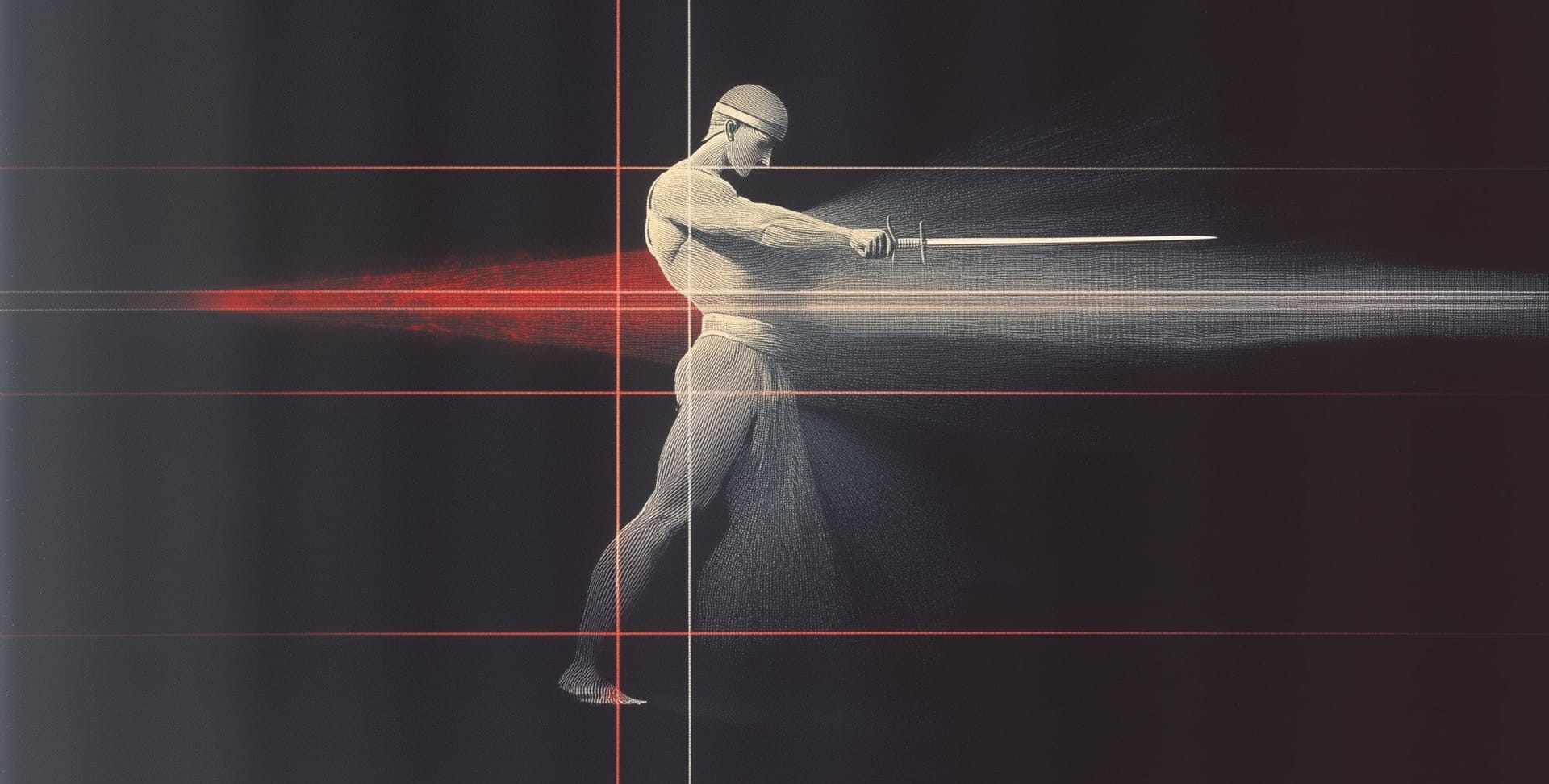Blood & Ink: The Power Problem

Why does the conscious community have such a problematic relationship with power?
There’s something juicy hidden in the cobwebs of this question. I can’t nail it down yet, but here are some initial thoughts:
First, I don’t think we’re talking about the same thing when discussing power. Maybe we are but with different interpretations.
- Power is the ability to channel energy.
- Power is the ability to effect change.
- Power is the ability to do work. In the technical, engineering sense of ‘work’.
A lightbulb has power, by channelling energy into light. A bulldozer has power, by modifying the landscape. And yes, of course, individuals like Presidents, celebrities, your parents, and all humans have power, with their ability to impact reality and your life.
Channel energy. Affect change. Do work. I see nothing ‘inherently evil’ in any of these. And there are wild performative contradictions too…
“Connect me to my power” is a fairly common (and in my opinion good) intention that a lot of the spiritual community has used in ceremony at some point. What do they mean by that? If power is evil, why make it an intention? And what of all the Reiki practitioners and ‘energy workers’ who do nothing other than… channel energy? That is power in its most pure form.
Beyond this, a dangerous broader issue lurks underneath this tumultuous relationship with power.
On a global level, a lot of these same people advocate for drastically reducing power consumption on global, national, and individual levels. This is a slippery slope that far too few people grok fully.
It’s simple, really: YOU require power. YOU need energy. If we want to reduce ‘power consumption’ and ‘energy use’, why don’t we just reduce YOU?
This becomes anti-humanistic dangerously quickly. This is the essence of the ‘paperclip maximizer’ artificial intelligence problem that was popularized in the nascent days of AI development. With a single objective, AI might realize that human beings are a source of energy/power, and turn them into a fuel source. Same idea, different direction.
- Yes, dangerous things can be done by powerful people.
- Yes, the allure of power can be corruptive.
- Yes, positions of power tend to disproportionately attract corrupt and corruptible individuals.
It’s cliche at this point, you’ve heard it before, but anything can be used for good or bad:
“The axe can be used to remove a fallen tree from your neighbours house, or used to remove your neighbours head from his body.” Power is no different.
The challenge for us is that particularly in the Modern West, we have decoupled the cultivation of power from the moral/ethical frameworks that bound it.
You see this in the McMindfulness movement of corporate America.
You take meditation—an ancient practice with a profound impact on individuals’ lives—and decouple the practice from the comprehensive ethical, moral, and philosophical framework it was embedded in, and give the physical practice to overworked employees to boost morale and increase productivity.
Same thing with the asana practice of Yoga. Yogic philosophy has one of the most advanced and comprehensive ethical, moral, and philosophical foundations around, which the physical asana practice was a part.
I think we missed the point with the power discussion.
It’s not about eliminating power, it’s about reintroducing, and hopefully even improving, the moral/ethical/philosophical/communal foundations that helped bind it, and put power in service of flourishing and comprehensive well-being.
Power is here to stay. It’s the bedrock of your physical incarnation. We best learn how to steward it properly.
Onward,
EB
No spam, no sharing to third party. Only you and me.
